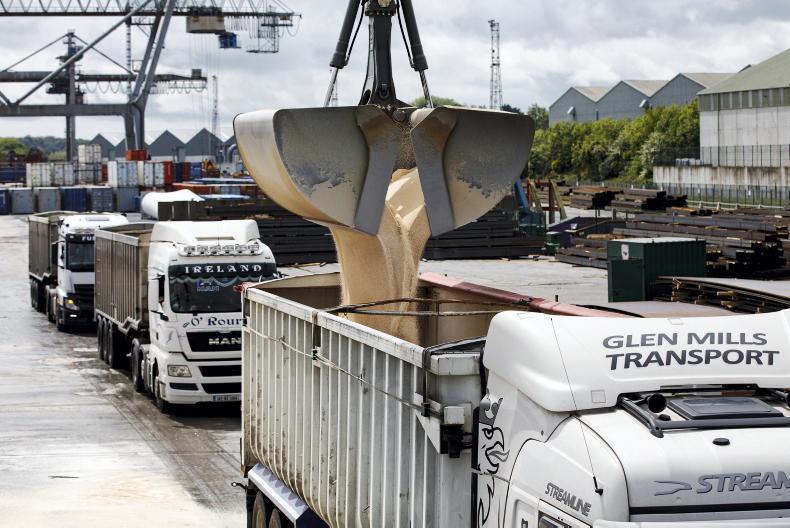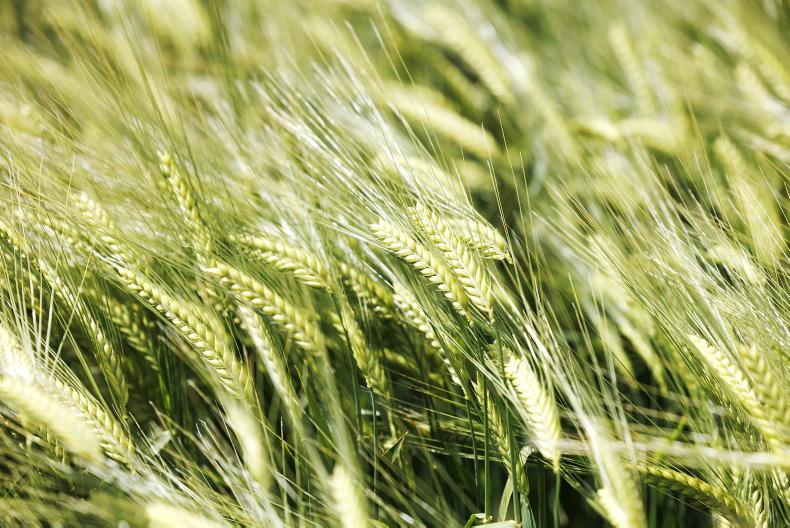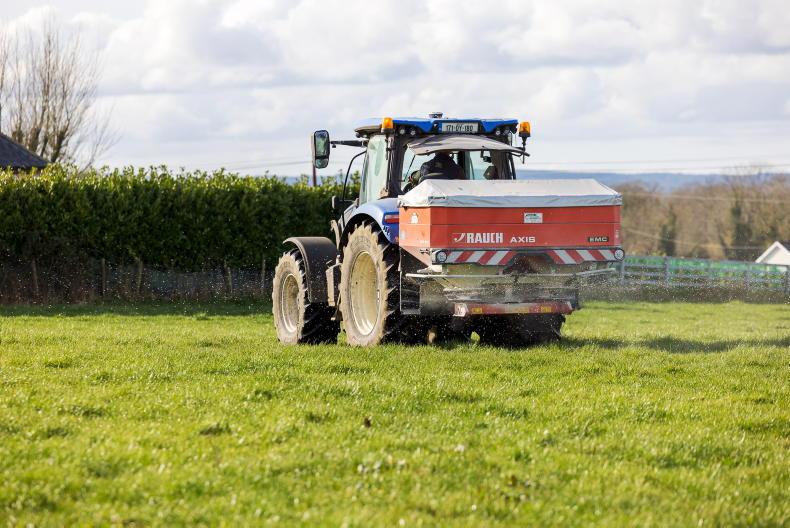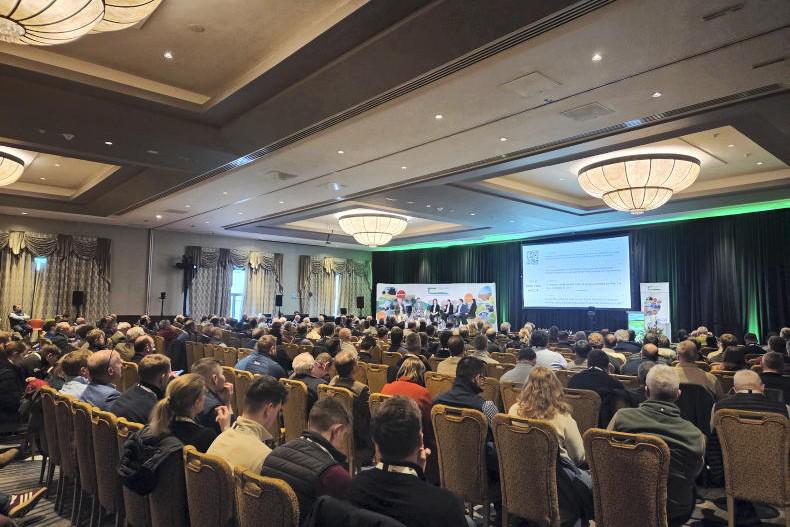High fertiliser costs and tight fertiliser supplies can pose risks to EU food security by reducing yields, the European Commission has warned.
The warning came in a report on the main impacts on food security, with fertiliser and energy costs listed as being key influences on farm production and incomes.
When fertiliser prices rise due to higher natural gas costs, the increases are felt along the food supply chain, ultimately driving food prices upwards while farm incomes slip.
This rise in food prices represents a “growing concern for an increasing number of low-income households” in the EU, the Commission said.
It was reported that high fertiliser costs lower yields as farmers cut back on the amount they spread, affecting “food availability and access”.
These costs also reduce farm incomes, which acts to further lower food production, as purchases of other farm inputs fall too.
Longer-term spending and farm investments stall when incomes take a hit.
The main tool listed as being available for farmers to deal better with high fertiliser costs is increasing their fertiliser use efficiency.
As fertiliser manufacturers cut back on production within the EU to cope with rising energy prices, the EU risks increasing its dependency on imported nutrients which could further jeopardise food security.
The EU is already reliant on imports for around 30% of its chemical nitrogen, 68% of its phosphorous (P) and 85% of its potassium (K).
The report states that subsidies for those buying gas or making fertilisers could be needed if current prices remain as the new norm.
It also found that finding sufficient supplies of renewable energy for the fertiliser sector was a major challenge.









SHARING OPTIONS